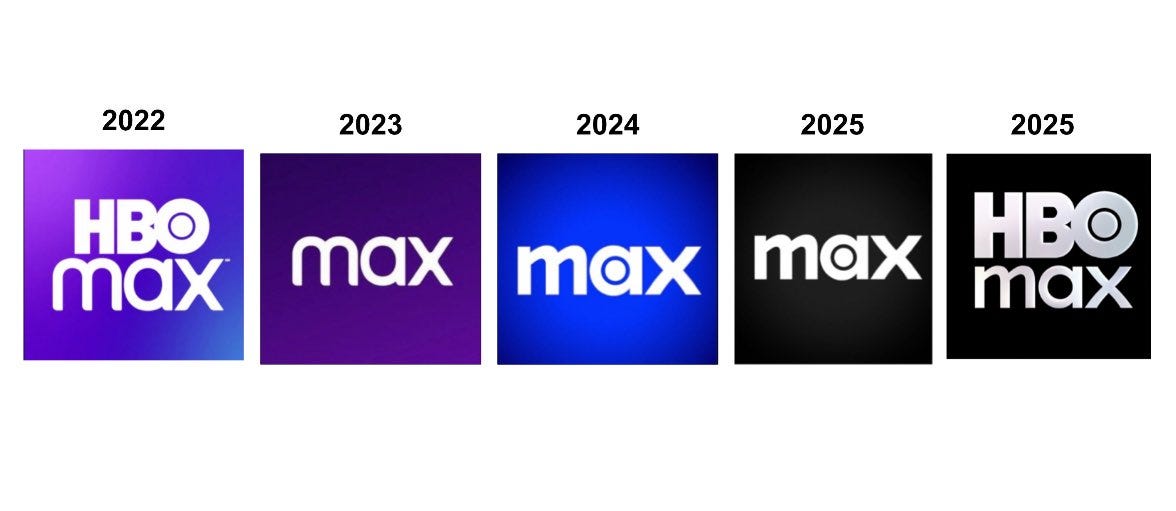Fifteen years after hitting a major milestone with five singles from her album Teenage Dream topping the Billboard Hot 100, Katy Perry is back in the headlines. But not for the reasons you’d expect.
First, she was part of Jeff Bezos’ all-female space squad, who launched from Earth and returned... in 11 minutes. For context, in 11 minutes, you could arguably watch Nara Smith make roughly seven things from scratch or perhaps read all 85 pages of the UK’s white paper on immigration, spiral into existential dread, and conclude that Labour is basically giving Reform.
Anyway, back to Katy.
The second time she dominated social media this year was thanks to a viral moment involving her song Thinking of You. Specifically: her enunciation. People are lip-syncing to her song Thinking of You where they emphasise the unique type of enunciation she makes within that song. TikTokers started lip-syncing to her unusually crisp vowels — “You’re like an Indi-an summer!” — with full dramatic commitment. It was silly. It was joyful. If you think that I am so easily influenced by social media and a silly, funny trend and keep humming “you’re like an Indian summer in the middle of winter ”, you are absolutely correct.
But instead of leaning in, Katy swerved. At a concert, she declared that she does not sing like that.
Whether she does or doesn’t honestly doesn’t matter now (though if you’re curious, the song is a bop and it’s streaming everywhere). What matters is that she missed a golden opportunity. Artists and brands don’t get these kinds of viral gifts very often — the kind that can reboot your image, endear you to new fans or remind the old ones why they loved you in the first place.
Instead of engaging with the trend, making a light-hearted joke, or poking fun at herself, Katy’s response felt... out of touch. Maybe even stuck in an old-school era of celebrity, where control and image were everything. Creator Thought Knots put it well: it came across like a missed opportunity for self-aware reclamation and reconnection.
When celebrities or brands play into the joke, they take back their power and ownership.
The most recent rebrand of HBO Max only proves this argument further. To recap (in case you’ve not been bombarded by branding takes on LinkedIn, and if so, I envy you), in what can only be described as a branding hamster wheel, the streamer formerly known as HBO Max changed its name to Max... and then changed it back to HBO Max. I imagine you are catching a breath here.
It doesn’t seem to piss off anyone, though. There are two reasons for this, and I think one is more important than the other. One: they returned to the name with actual cultural equity. When we think “HBO Max,” we think prestige TV. Bingeable drama. Iconic characters. Everyone has some emotional tie to an HBO show. “Max,” on the other hand, sounds like a dog.
But more importantly, Warner Bros handled the reversal perfectly.
And that’s the more interesting bit to me. With any major rebrand, it’s easy to fall into the trap of the overly serious corporate rollout: a sweeping press release, a CEO declaring the change “visionary” while standing in front of a glossy explainer video. (Unless you’re Jaguar and your rebrand genuinely is a disaster, in which case... good luck.)
What was Warner Bros supposed to say after flip-flopping on its own identity? Are they a fellow Libra who couldn’t make a decision? Should some powerful executive be blamed?
This time, they didn’t try to gaslight us into thinking it never happened. They just laughed with us.
They leaned into the chaos. They made memes. They acknowledged the indecision. And the internet adored it. As Business Insider put it: “No one is mocking the re-rebrand with as much gusto as Max itself.”
Honestly, that’s the move. When you’re the punchline, the best way to regain control is to tell the joke first.
Social media is messy. But what isn’t, really? It spreads misinformation; it’s warped political discourse; it’s run by billionaires whose egos are somehow more fragile than their platforms.
But beneath all that, there’s still something pure: people go online to laugh, connect, and find joy. Before it was media, it was social. It still is, if you know how to meet people where they are.
From Demi Lovato acknowledging the “Disney knees” meme to Dua Lipa finally embracing the infamous dance, or this week’s HBO Max redemption arc, the best response to internet absurdity is rarely outrage or silence. It’s play.
The smartest thing a brand can do is just say: “lol yeah, that was weird.”
Because the truth is, it’s not that deep.







